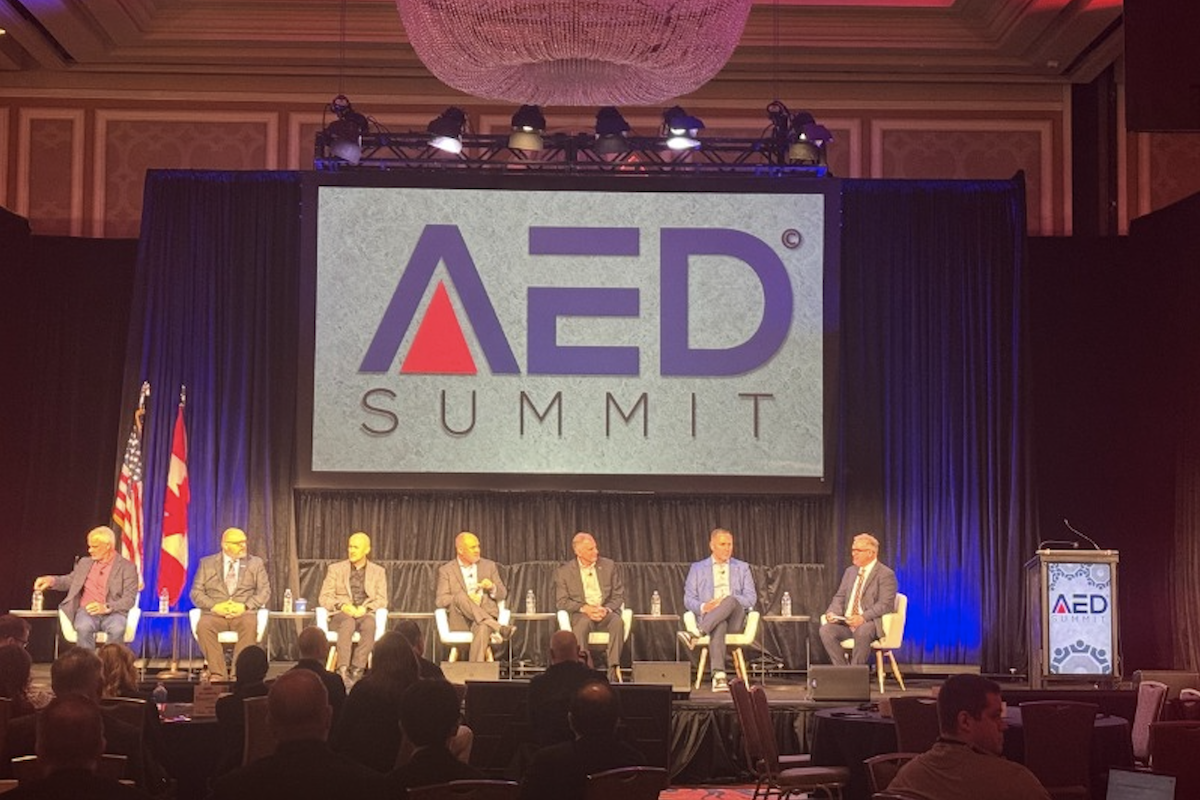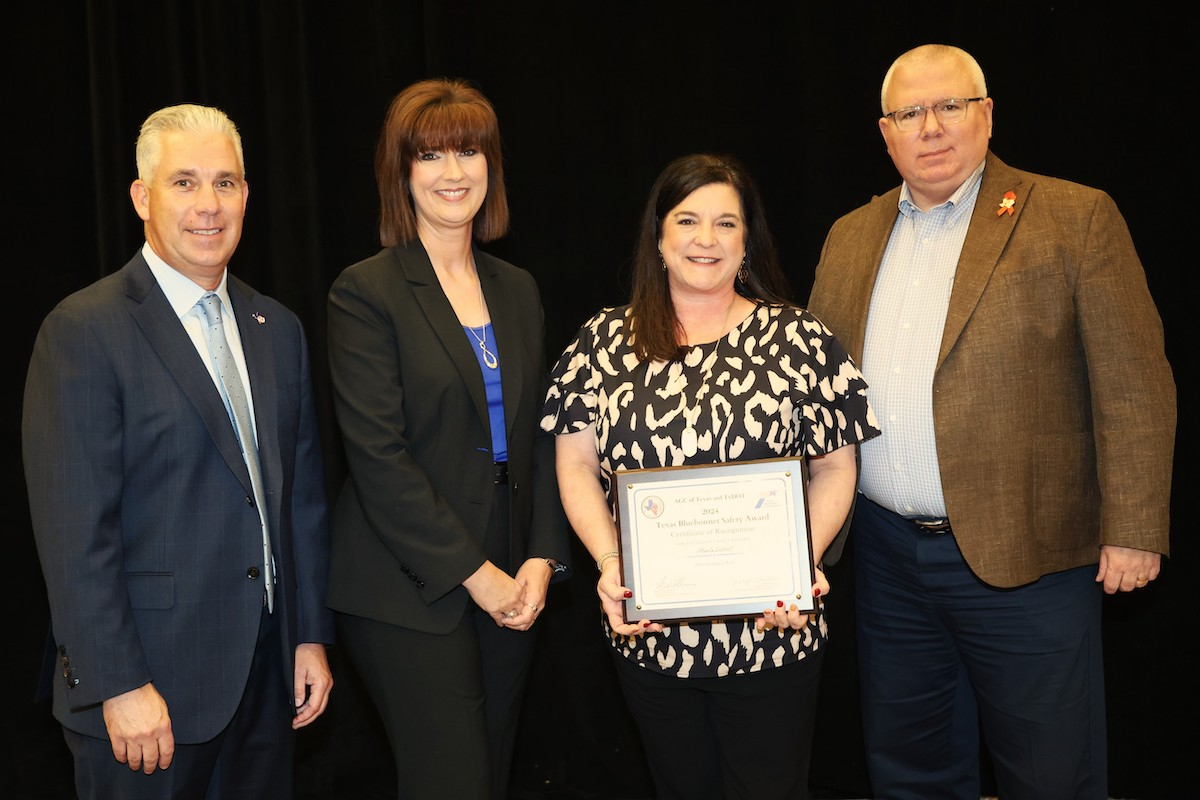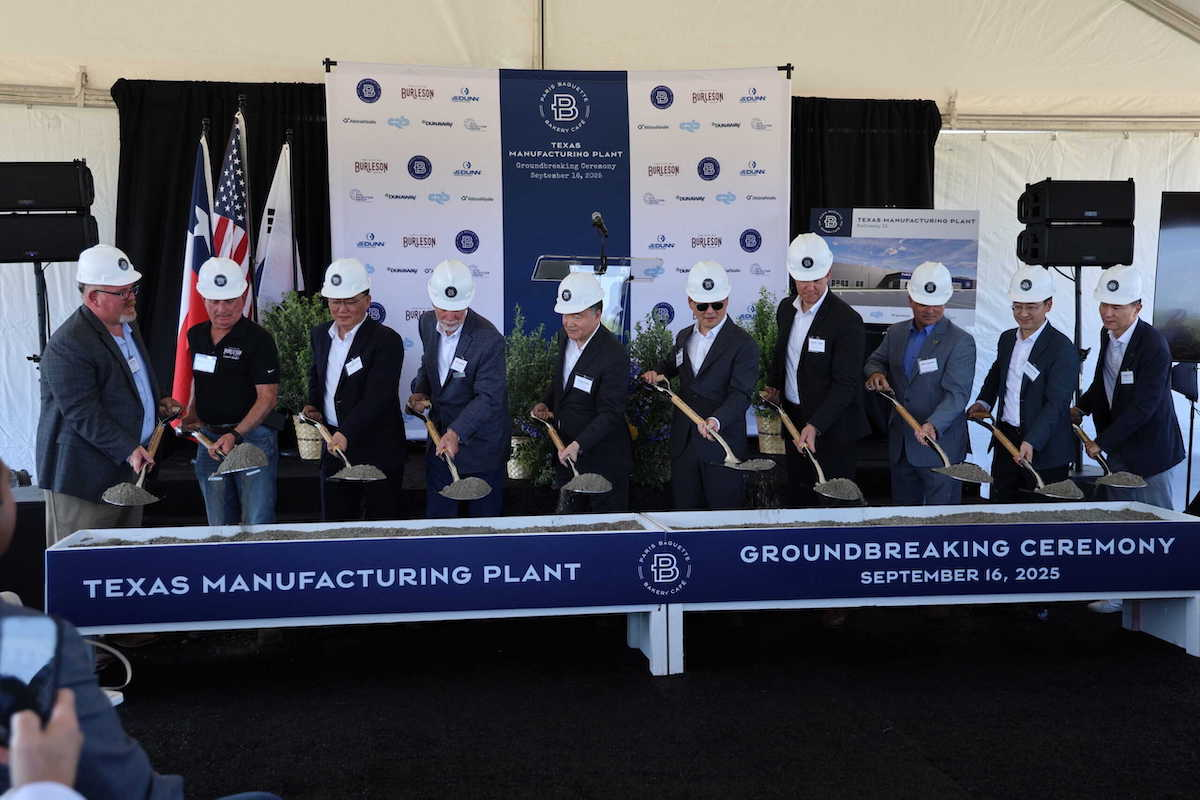The first piece of legislation was championed by its sponsor as one of the most significant retainage laws ever passed in Texas. Contractors have long complained about retainage on bonded public projects. The burden of statutory retainage is generally passed from the general contractors through subcontractor agreements that contain a contractual retainage provisions, which similarly allows the general contractor to ensure the subcontractors work is performed in accordance with the contract and completion of such work. Essentially retainage provides the contractor with an incentive to complete the project, while also providing the owner with some protection against delays, contractual default, payment claims, and the like.
HB 692, along with its companion SB 1097, requires owners to include a provision within the public works contract that provides conditions for release of a portion of retainage and establishing circumstances under which the project is considered substantially complete or finally complete. The new bill also caps maximum retainage withheld for contracts over $5 million dollars at 5 percent, including materials and equipment delivered on site to be installed. For contracts under $5 million dollars, the maximum retainage is capped at 10 percent. Owners of competitively awarded contracts with a value of $10 million dollars or more and contracts awarded using a method other than competitive bidding may also agree with the contractor to deposit the retainage in an interest-bearing account. The key change here from the prior version of the law is that an owner was free from paying interest on retainage as long as the amount withheld did not exceed 5 percent. Now, all large contracts will be eligible for interest to the contractor even at 5 percent.
In regard to subcontractor withholding, HB 692 prohibits subcontractor withholding at a greater percentage of retainage than the percentage withheld from the prime contractor. This prohibition also applies to sub-subcontractors. The bill further prohibits withholding of retainage during the warranty period and after completion of work performed that requires the contractor to perform work on manufactured systems or goods that were improperly installed. Finally, HB 692 contains right to cure provisions for the parties to agree on reasonable compensation for any noncompliant labor services or materials that cannot properly be cured and preserves the owner’s ability to withhold retainage in the event of a bona fide dispute, default or no performance. One key component of the legislation which allowed it to pass both the house and senate without opposition from key interest groups is the fact that much of the bill’s provision are permissive and not mandatory. This important distinction must be understood and utilized by contractors negotiating contract terms with owners on any procurement method which permits post-submission negotiations such as competitive sealed proposals.
The next piece of legislation passed, HB 2581, reforms the procurement laws contained in the government code, chapter 2269. The bill applies to all procurements conducted pursuant to chapter 2269. The two changes to the existing law involve the disclosure of information concerned the evaluation of all bidders and offerors and the weighting of price in requests for proposals for a competitive sealed proposal project.

| Your local Astec dealer |
|---|
| Closner Equipment Co Inc |
In an effort to improve openness of government and competition for public work, section 2269 enables a contractor who submits a response to a bid or request for proposal for any project issued under chapter 2269 to request, from the owner, documents related to the evaluation of the offeror’s submission. The law requires the owner supply the documents to the requesting party no later than 30 days after the request.
Specifically on CSP projects, HB 2581 requires the weighted value assigned to price be at least 50 percent of the total weighted value of all selection criteria. An exception to the 50 percent mandate exists where the governing body of a governmental entity determines that assigning a lower weighted value is in the public interest. In that scenario, a governmental entity may dip below the 50 percent bottom and assign a weight to price of no less than 36.9 percent.
The reform further requires CSP scores and evaluations to be made public to all offerors, no later than seven business days after the contract is awarded. That language modified the older version of the law by adding evaluations to the information required to be made public. Finally, the bill increases the amount of time for a contractor to seek injunctive relief to 15 calendar days (up from 10) after the contract has been awarded.
The final piece of legislation that I would like to address is HB 3583. This bill reforms the manner in which an energy savings contract may be awarded. The prior version of this law, which is codified as local government code, chapter 302, allowed a provider of services for energy efficiency to be awarded a contract based on the professional services contracting rules. In allowing this type of award, the legislature exempted these contracts from competitive bidding. To promote competition in the marketplace, this bill now excludes water infrastructure projects from being awarded in that manner. The bill also places limits on the amount of change orders allowed on a project. Finally, it provides for a timeframe for enforcement of the chapter. Both latter changes closely resemble the language that is found in chapter 2269.





































































